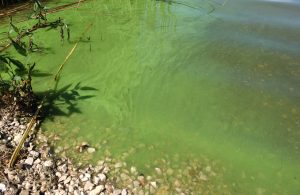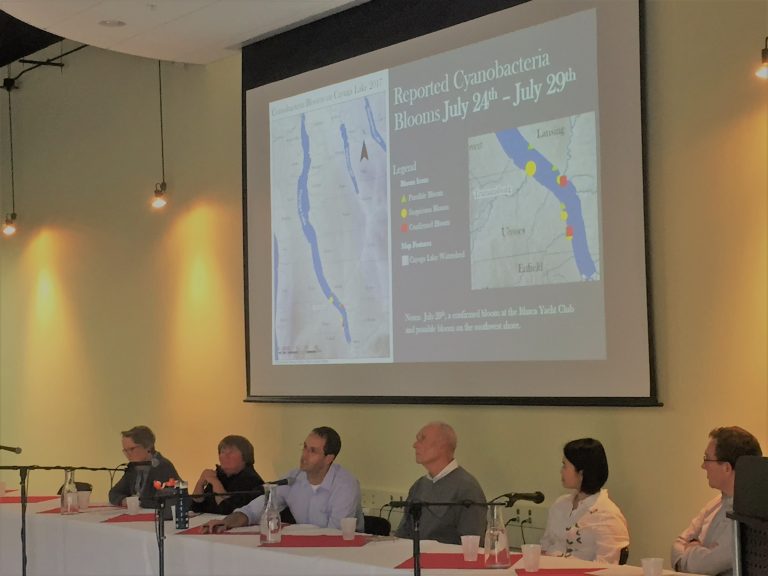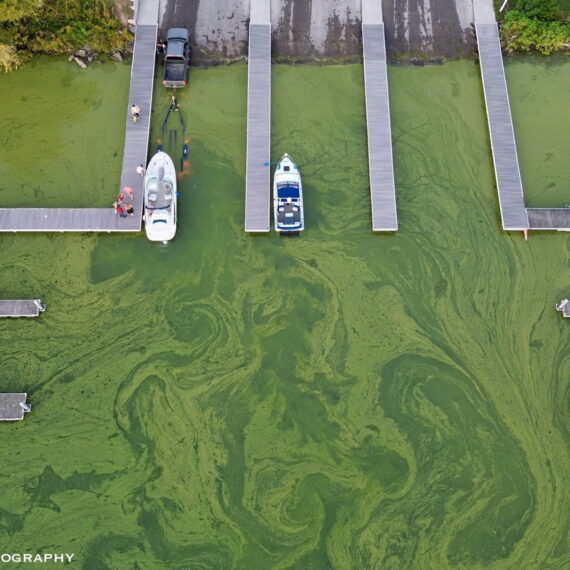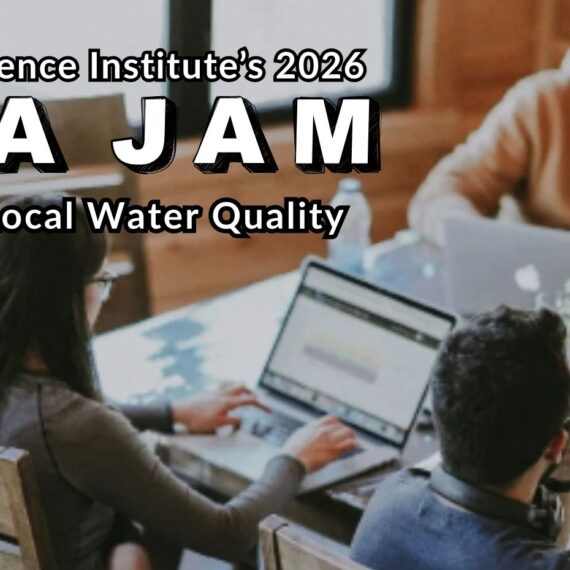HABs Forum
Water and Community
CSI’s new series of public forums, Water and Community, features lectures, panel discussions, and access to information from a range of sources. Audience members are strongly encouraged to ask questions and discuss issues raised by lecturers. The Water and Community series is organized around three broad themes:
- Watersheds: The nature and characteristics of watersheds, their vulnerability to land use impacts, and sustainable management practices
- Uses of Water: The laws and policies that guide — or fail to guide — how water is used by our society
- Chaotic Water : The effects of rising global temperatures on the hydrologic cycle
Water and Community events provide a public venue for learning about the science of water, how this essential resource is being managed in our region, and how it impacts our community.
Please find the details, presentations, and supporting materials from each Water and Community event below.
Water and Community Forum #1 – Harmful Algal Blooms: What they are and how government agencies are addressing the threat
Saturday, September 30th 2017, 9:00 – 12:00 at The Space @ Greenstar
The Community Science Institute, co-sponsors Cayuga Lake Watershed Network and Floating Classroom, and other organizations addressed the concerns surrounding the 2017 outbreak of suspicious algal blooms in Cayuga Lake. Speakers highlighted key aspects of the ecology and toxicity of blue-green algae, reviewed measures taken to protect public health, and responded to questions from the audience. Participating organizations offered a wealth of HABs related information.
See the HABs forum information flyer for a schedule of events and list of invited organizations. Presentations delivered by lecturers are posted below
Check out CSI’s interview with WHCU’s Lee Rayburn about harmful algal blooms.
HABs Forum Presentations
Ecology of Cyanobacteria – Lisa Cleckner, Director, Finger Lakes Institute
The above presentation was given on 9/30/17 and covers the following topics:
- Harmful Algal Blooms: What are they and what makes them unique?HABs history and examples of blooms
- Potential bloom causes
- Competitive advantages of cyanobacteria
- Harmful algal blooms reporting and testing process
- HABs in New York
- HABs and climate change

Testing for Toxins: Assessing whether a cyanobacterial bloom is harmful or not – Stephen Penningroth, Director, Community Science Institute
The above presentation was given on 9/30/17 and covers the following topics:
- Interesting facts about cyanobacteria
- History
- Unique characteristics
- Potential uses in medicine
- Cyanobacteria toxin types, toxin characteristics, and health effects
- Harmful algal blooms reporting and testing process
- Toxin testing methods
- A closer look at microcystins, one of the more common toxin types.
Harmful Algal Blooms & Public Health – Adriel Shea, Senior Public Health Sanitarian, Tompkins County Health Department
The above presentation was given on 9/30/17 and covers the following topics:
- Heath Department’s regulatory role
- EPA’s drinking water Health Advisories (HA’s) for common cyanotoxins
- Public water suppliers and their role in HABs monitoring
- HABs effects on private beach wells and lake-water intakes
- HABs on beaches
- NYSDOH protocol for when you believe you have spotted a bloom
- Know it
- Avoid it
- Report it
- List of resources
The DEC’s HABs Program – Anthony Prestigiacomo, Research Scientist, Finger Lakes Watershed Hub, Division of Water, Bureau of Water Assessment & Management
The above presentation was given on 9/30/17 and covers the following topics:
- NYSDEC structure and function
- DEC HABs program components
- Other agencies and their responsibilities in terms of HABs management
- DEC HABs Program’s relationship with stakeholders
- HABs monitoring, surveillance, and sampling logistics
- Volunteer HABs Surveillance Networks
- DEC bloom status designation
- Bloom reporting/outreach
- Research and contributing factors to bloom formation
Cyanobacteria Blooms Reported Through the Summer of 2017
HABs Related Resources
- CSI Resources:
- New York Department of Environmental Conservation Resources:
- New York State Department of Health Resources:
- Academic Resources



